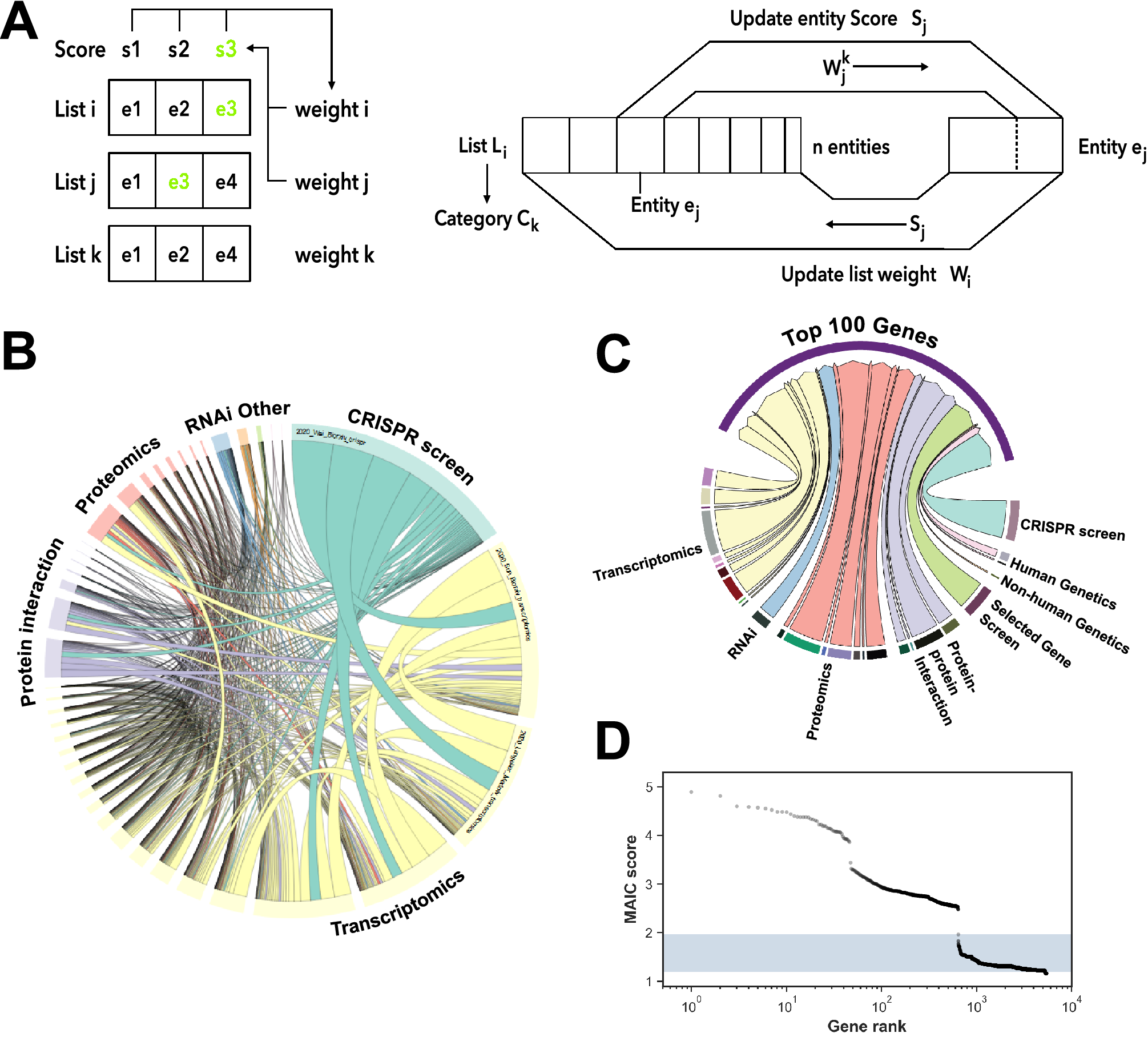

In order to decrease the possible systematic bias to answer particular research question(s), specific methods could be applied in SR 14. A SR is a kind of literature review to identify, evaluate, and aggregate all relevant studies on the same topic. To overcome this issue of generalizability, SCEDs can be replicated across participants, and systematic review (SR) approaches can be applied to synthesize the results 4,12,13. SCEDs are frequently used in a variety of different fields such as psychology and educational sciences to evaluate the effectiveness of interventions of interest 7–11.ĭue to the small number of participants, the main issue of SCEDs is limited generalizability of their findings. Within each specific case, the measurements are compared across conditions or phases to investigate whether introducing the intervention has a causal effect on one or more outcomes 2,4–7.

In this kind of designs, outcomes of interest are measured repeatedly for one or multiple cases under at least two conditions (i.e., typically a control phase followed by an intervention phase). Single-case experimental designs (SCEDs) are alternative research designs that do not require many participants (or cases) and therefore are well suited to be used for studying rare phenomena, e.g., specific diseases or disabilities 1–3. In order to get reliable effect size estimates and reach an acceptable level of statistical power, a large sample size of study participants is required in these designs.

In this kind of designs, the participants are randomly assigned to either intervention or control groups and the means of one or more dependent variables are compared to assess the effectiveness of the intervention. In order to investigate a certain intervention effect, the classic research design is a group comparison experimental design. These tools and guidelines can help meta-analysts, reviewers, and users to organize and evaluate the quality and reliability of the findings. In the current study, some existing tools for assessing the quality of SRs/MAs that might also be helpful for SCED MAs will be reviewed briefly. One way to improve the reliability and validity of SCED MAs and therefore to provide more confidence in MA/SR findings to practitioners and clinicians to decide on a particular intervention is the use of high-quality standards when conducting and reporting MAs/SRs. As MA/SR’s conclusions are used as an evidence base for making decisions in practice and policy, the methodological quality and reporting standards of SRs/MAs are of uttermost importance. Single-case experimental design (SCED) studies are becoming more prevalent in a variety of different fields and are increasingly included in meta-analyses (MAs) and systematic reviews (SRs). Natasha Beretvas 4, and Wim Van den Noortgate 1ġFaculty of Psychology and Educational Sciences & imec-Itec, KU Leuven (University of Leuven), BelgiumĢUniversity of South Florida, Tampa, Florida, USAģUniversity at Albany – State University of New York, New York, USAĤUniversity of Texas at Austin, Texas, USA The discussion includes suggestions for expanding the use of mobile devices to the daily activities of individuals with ID as functional technology (FT).Improving the Methodological Quality of Single-Case Experimental Design Meta-Analysis Laleh Jamshidi 1*, Lies Declercq 1, John M. Mobile devices were mainly utilized as an instructional device for this population. Employment of the maintenance and generalization phases and the mastery criterion were significantly associated with PND scores. The magnitude of PNDs was not significantly affected by participants' characteristics, target skills, intervention strategies or types of mobile device use. The results showed that interventions with mobile devices for individuals with ID were very effective to acquire, maintain, and generalize the target skills. The efficacy of interventions was measured by computing the percentage of nonoverlapping data points (PNDs) and compared across participants' characteristics, mobile device types, functions of mobile device use, target skills, and intervention strategies. A total of 23 studies, 78 participants, and 140 observed cases that met the inclusion criteria were included in the meta-analysis. This study employs a meta-analysis of single-subject design research to investigate the efficacy of mobile device-based interventions for individuals with intellectual disabilities (ID) and to further examine possible variables that may moderate the intervention outcomes.


 0 kommentar(er)
0 kommentar(er)
